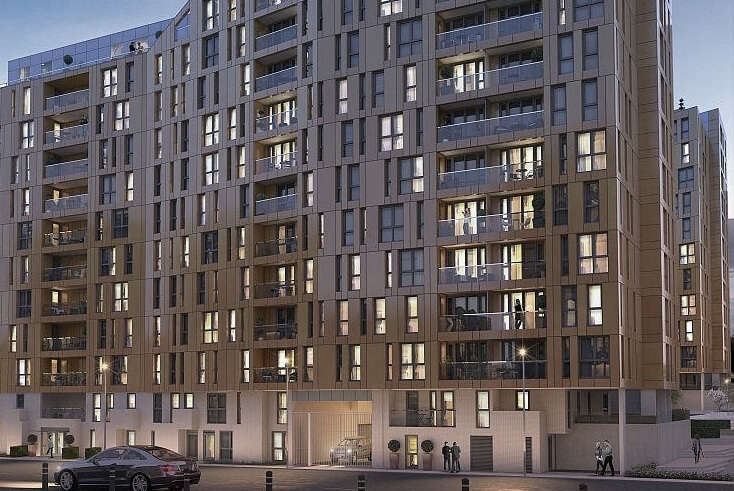Ministers are facing renewed pressure to step up investment in social housing, after a survey revealed the housing crisis is adversely affecting many older people.
According to research by the National Housing Federation (NHF), more than two-fifths of people living in private rented accommodation aged 50 or above have been forced to make “potentially drastic” decisions to cover their rental costs.
For instance, 12 per cent revealed they have borrowed money from family and friends, while three per cent said they have had to lend money from their children.
Meanwhile, 17 per cent admitted they have cut down on food and heating in order to meet their rental costs, and ten per cent have taken out a loan, used their overdraft or used a credit card.
Figures also showed that 25 per cent of over-50s who have moved house in the last three years have done so against their will.
The NHF has therefore urged the government to “urgently put more money in to directly building social housing”.
This, it argued, could be a more secure alternative to private rented accommodation, as the sector has “dramatically rising rents, the most insecure contracts and the most difficult to adapt homes”.
David Orr, chief executive of the NHF, pointed out that while the media often reports on how the housing crisis is impacting on young people, a “shocking number of hidden baby boomers are struggling just as much, if not more”.
Indeed, he said there is “a huge amount of inequality amongst this age group and unfortunately, the wealthier majority have hidden the reality of hundreds of thousands of people who have never been able to afford a house, and are now being failed by the broken housing market”.
Mr Orr noted that this problem is also costing the government “huge amounts of money,” as the housing benefit bill is growing and pressure on the NHS is increasing.
He therefore argued that the findings must be a “wake-up call” to ministers to step up investment in social housing, in particular homes that meet the needs of people in later life.
Mr Orr added that this kind of accommodation is both “desperately needed” and “makes financial sense”.
According to NHF figures, 42 per cent older people who need adaptations to their home have fallen over inside their residence, while 17 per cent are unable to wash themselves independently.
The survey also found that 43 per cent of these people do not leave home as often as they would like to, while 59 per cent have needed changes to be made to their house for at least a year.
For further information on any of the points raised in this article please contact Andrew Murray in our Social Housing Team.



